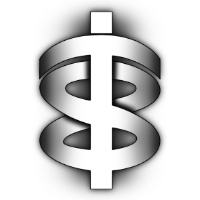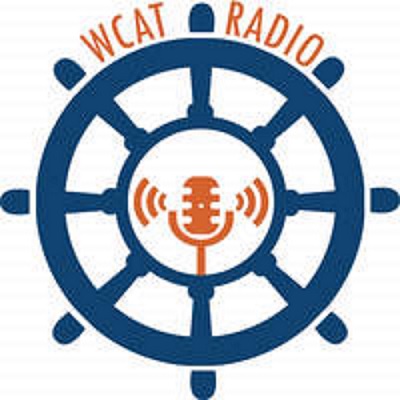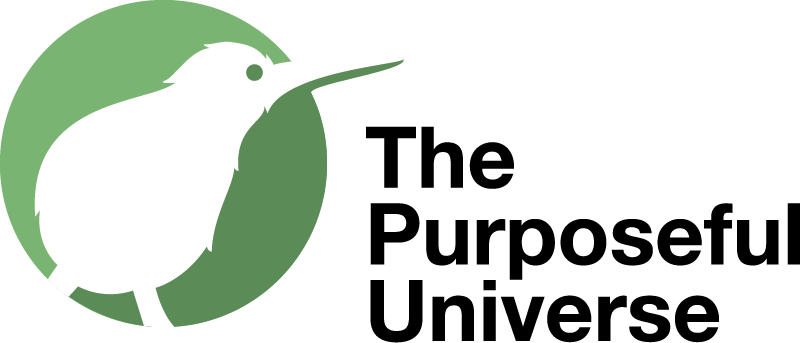ITEST Webinar
Food, Logic, and Creation:
Does STEM* help form better Catholics?
This webinar was presented on July 23, 2022
* Science, Technology, Engineering, and Mathematics
Abstract for Webinar
Signature Courses at Seton Hall: STEM engages the Catholic Intellectual Tradition
The SHU University Core—taken by all undergraduate students—includes a sequence of three Signature courses. These are rooted in questions central to but not exclusive to the Catholic Intellectual Tradition. The third course, Engaging the World, encompasses a set of courses building on the first two from many differing academic perspectives. We look at challenges in developing such courses in STEM disciplines, and then at three particular courses, Science and Theology of Food; Logic, the Limits to Knowledge, and the Catholic Intellectual Tradition; and Creation and Science (which is also taken by students at the Seminary/School of Theology).
The purpose of these courses is to inform and engage, and not at all to persuade or convert, and their goal to make better and wiser Catholics of Catholics, and everyone more informed and reflective.
Check out WCAT Radio’s “Vows, Vocations, and Promises”!
In the video below, Dr. Mary Anne Urlakis and her daughter, Grace Marie Urlakis, interview Fr. Leo Patalinghug, IVDei, about his vocation story and food ministry.
(Filmed on June 15, 2022)
Our Presenters
Dr. Thomas Marlowe
Creating a STEM Signature Course
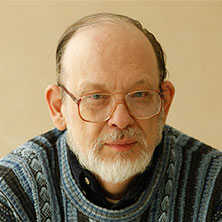
Thomas Marlowe is Professor Emeritus of Mathematics and Computer Science at Seton Hall University, where he taught in both disciplines for over 40 years. He holds a Ph.D. in each discipline from Rutgers University. He has always had an interest in interdisciplinary and integrative studies, in both his teaching and his research. He worked with Fr. Laracy and others over the past seven years to develop an interdisciplinary upper-level course for Seton Hall’s University Core program on Logic, the Limits to Knowledge, and the Catholic Intellectual Tradition, and consulted with Fr. Buonopane on his course on Science, Food, and Theology. This work has led to several conference and journal publications.
Fr. Gerald Buonopane
Science and Theology of Food
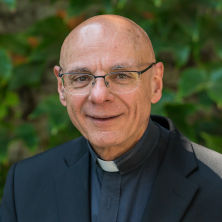
Ordained a priest of the Archdiocese of Newark in 2006, Rev. Buonopane’s area of specialization is food chemistry. Prior to seminary and the priesthood, Fr. Buonopane held a number of positions in academia, the federal government (USFDA), and in the food and pharmaceutical industries. Among the courses Fr. Buonopane teaches, and has taught, are a graduate level course in food chemistry, as well as Core curriculum courses, including a Core 3 course, “Science and Theology of Food.” His research areas of interest are: Chemical Deterioration of Food Lipids: Oxidative Reactions; Essential Oils as Natural Antioxidants; and Cold Plasma Treatment of Botanicals and Essential Oils. In addition to this work, Fr. Buonopane was appointed Minister to the Priest Community on June 1, 2020.
Fr. Joseph Laracy
Creation and Science
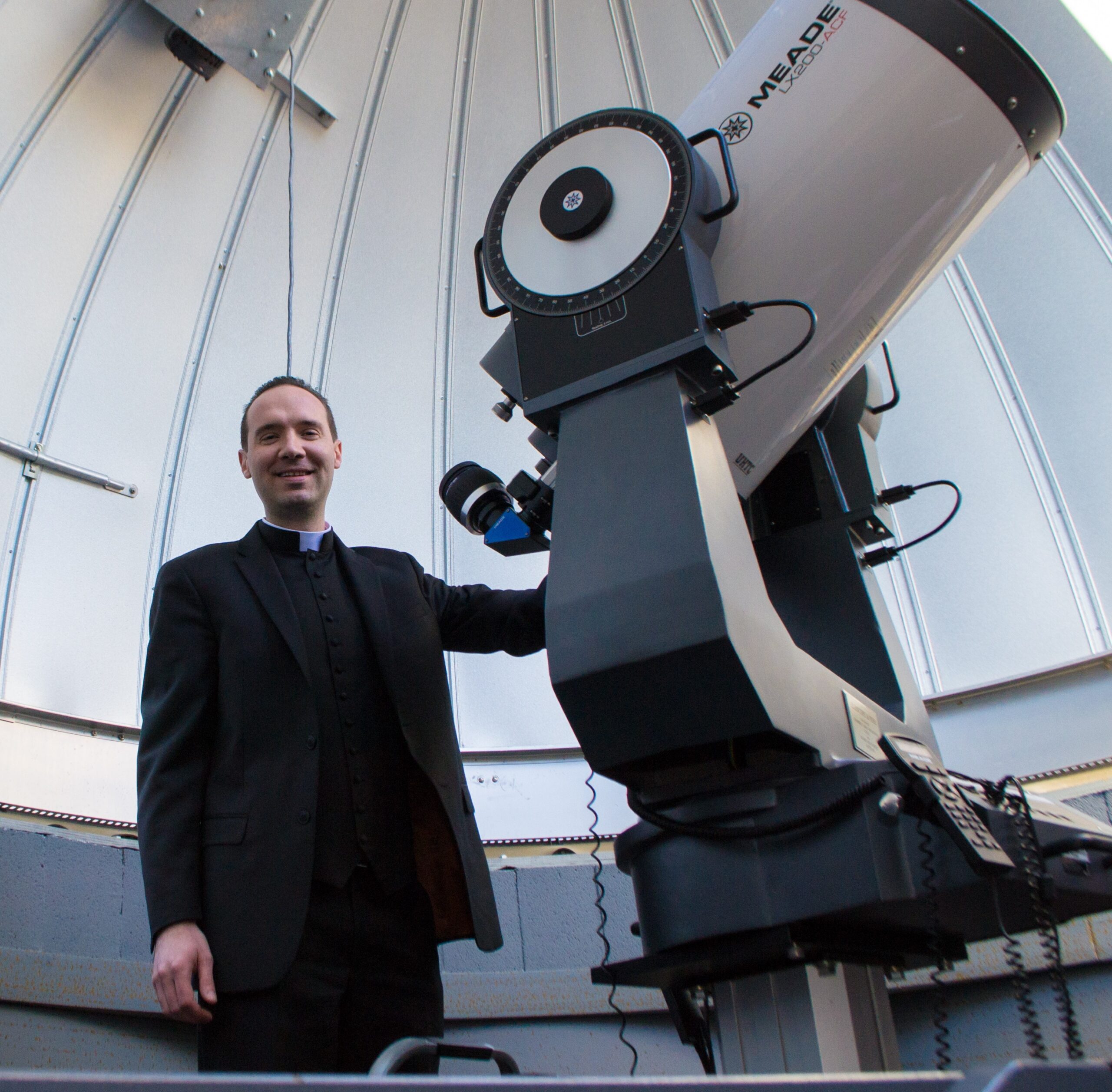
The Rev. Joseph R. Laracy, S.T.D., a priest of the Archdiocese of Newark, serves as Assistant Professor of Systematic Theology at Immaculate Conception Seminary School of Theology, Seton Hall University. He is also an affiliated faculty member with the Department of Mathematics and Computer Science as well as the Catholic Studies Program. Father Laracy is the author of Theology and Science in the Thought of Ian Barbour: A Thomistic Evaluation for the Catholic Doctrine of Creation (Peter Lang, 2021) and the co-editor of Stanley Jaki Foundation International Congress (Gracewing, 2020). His scholarly articles have appeared in publications such as The Seminary Journal; Logos; The Journal of Systemics, Cybernetics, and Informatics; The Journal of Religion and Theology; The International Journal of Communications, Network, and System Sciences.
Fr. Leo Patalinghug, IVDei
Webinar Introduction and Prayer
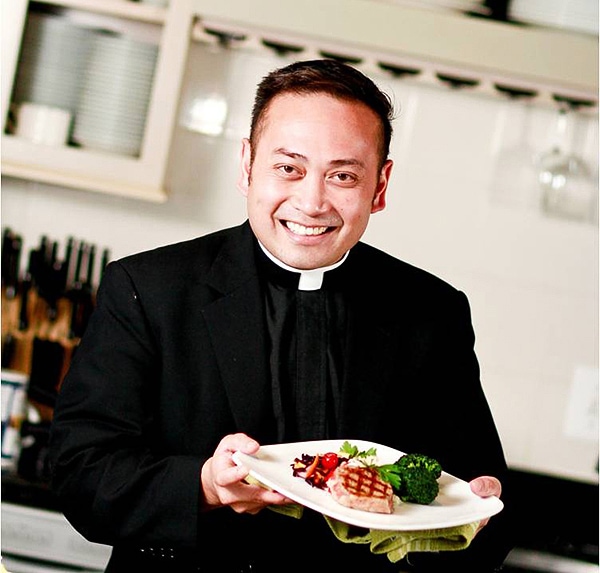
Fr. Leo Patalinghug is a priest member of a community of consecrated life, Voluntas Dei (The Will of God). He is the creator and founder of an international food and faith movement called Plating Grace.com, and founder and chair of the nonprofit group, The Table Foundation. He is a best-selling author, acclaimed international speaker, host for radio, podcast and a weekly international food and faith show on EWTN, Savoring our Faith. His unique background as a professional chef and his previous experience as a two-time black belt martial arts instructor and former award-winning break dancer and choreographer has earned the attention of major media outlets, including the Food Network. The mission to see food as a gift from God to nourish your family and to strengthen relationships is making this world a better place one meal at a time.
Dr. Mary Anne Urlakis
Q&A Moderator
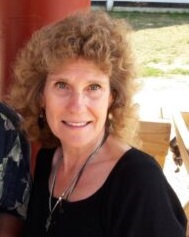
Classically lettered in Philosophy and Bioethics, Dr. Urlakis is an independent bioethicist who provides ethical consultation, support and advocacy to individuals and institutions. Her work involves continued research, particularly within the scope of the history of medical ethical praxis, the philosophical and theological underpinnings of sound moral reasoning, and the value of Virtue Ethics and Natural Law Theory. She is staunchly Pro-Life, and advocates for the rights of vulnerable human persons, specifically those at the edges of life – the unborn, the terminally ill, and the elderly. She is Co-founder and Executive Director of the Dignitas Personae Institute for Nascent Human Life.
Webinar abstracts
Abstract for Dr. Thomas J. Marlowe
Creating a STEM Signature Course
A brief overview of Seton Hall’s Signature Experience—a sequence of three courses in the Catholic Intellectual Tradition taken by all undergraduates—is provided. The first two courses lay an intellectual foundation elaborated in a set of discipline-related “Engaging the World” courses. Students select one of these, often but not always one relevant to their major or interests. Offering such courses in a STEM discipline has its challenges—objectives, constraints, and possibilities are considered. The presentation then presents some specifics relating to the creation and content of the Engaging the World course Logic, the Limits to Knowledge, and the Catholic Intellectual Tradition, which is cross-listed in Mathematics and in Computer Science, and concludes with some accomplishments.
Abstract for Fr. Gerald Buonopane
Science and Theology of Food
This presentation will address the origin and content of an interdisciplinary course, “Science and Theology of Food,” that I developed at Seton Hall University in 2017. As a food scientist and chemist and a Catholic priest the course was a “natural fit” for me. This course, among several offered at the University in the Core Curriculum, brings science into dialogue with the wider Catholic intellectual tradition. The course seeks to answer such questions as “What is food,” “What is eating,” and “What are the theological and social aspects of eating together?” The course examines the integration and interaction of the scientific, ecological, theological, social, cultural, and ethical dimensions of food. In his public ministry Jesus embraced meal fellowship, what we can refer to as Eucharistic eating being deeply rooted in the human sharing of food. The academic background of students enrolled in the course is diverse: seminarians (from both college and major seminaries), natural and physical science majors, allied health majors, and students from the humanities and religious studies. Following an introductory component, the course content is ordered as follows: 1) relationship between food and theology, 2) relationship between food and science, and 3) how all three – food, theology, and science – impact each other (as we see with issues of world hunger and malnutrition). In a world in which there is enough food for everyone to eat, how can we better address every person’s right to sufficient food and nutrition?
Abstract for Fr. Joseph R. Laracy
Creation and Science
“Creation and Science” is a cross-listed course with the Seminary School of Theology and the Program in Catholic Studies, and as an Engaging the World Core Curriculum course the that seeks to deepen a student’s understanding of the relationship between the Catholic theology of creation and contemporary empirical science. Its initial development in 2015 was supported in part by the Science in Seminaries program funded by the John Templeton Foundation and coordinated by scholars at John Carroll University. The course begins by examining the substantial contributions of Pierre Duhem and Fr. Stanley Jaki, OSB to history of science in medieval Christendom. Creation and Science addresses topics including, but not limited to, the birth of science, the historical-philosophical environment of this birth, the interventions of recent Popes on the issue, the importance of metaphysical realism in the theology-science interaction, the Catholic doctrine of creation, the theory of the Big Bang, the theory of evolution, and the role of contemporary mathematics in the natural sciences.
Webinar resources
Development of an Integrated Course in Science and Theology of Food: Nourishment for Body, Mind, and Soul (published with permission from the Seminary Journal)
Science and Theology of Food: Learning Outcomes in Fall 2017, A Reflection (published with permission from the Seminary Journal)
Food and Hospitality in the Gospel of Luke
Bibliography of CORE III Publications
